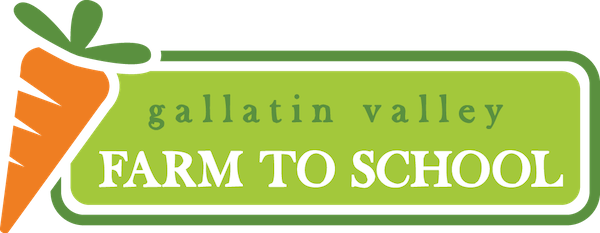Spring Break Reflections
“The part of my day that I will always remember was doing the plant tie dye” explained a reflective first grader in our closing circle at Sprouting Scientists Spring Break Camp. Other answers included the rainbow celery experiment and observations in our magic spots (individual spots in nature where students sit for a few minutes a day, observing their surroundings and noting the changes in the space over time). We had had a big day in the sunshine at the Museum of the Rockies exploring questions about the science of plants and food, and by this point in the day the campers were winding down and sharing their favorite moments with each other and their parents who came to pick them up. Before the campers left, they each made sure to check on their celery experiment and make predictions about what would change by the following day.
Spring Break Camp came at the perfect moment. We haven’t been able to connect in person with students nearly as much as in past years. This week-long program, covering topics from nature’s cycles and critters to what scientists do and food chemistry, provided a space for students and educators to learn together by following their interests and investigating questions as they arose. The days were a sweet balance between structured and unstructured learning.
During this camp we were trying to answer the question “How do sun, water, soil, and other living beings affect the food system and environment?” Students came to camp with a lot of knowledge and questions. We took it day by day to uncover the answers to these questions through continuous exploration and wonder about our surroundings. More than once we stopped to investigate an interesting knot in a tree or a large clump in the soil. As a leader of this camp, I saw firsthand how impactful camp was both in the subtle way of all of using being together in person again, and the not-so-subtle way in which the campers transformed into master scientists before our eyes.
Gallatin Valley Farm to School aims to help program participants gain an increase in knowledge, skills and interest in growing their own food, preparing healthy meals and thinking critically about where food comes from. After sprouting seeds, learning knife safety skills, playing the Web-of-Life game, baking our own bread, talking about drought, wildfires, and snow, and investigating the soil and critters that grow our food, we’re confident that we took steps to fulfill that goal during Spring Break Camp. Looking ahead to summer camps and programming, we are excited and hopeful about the opportunities we will have to continue to learn and grow with our camp participants!
